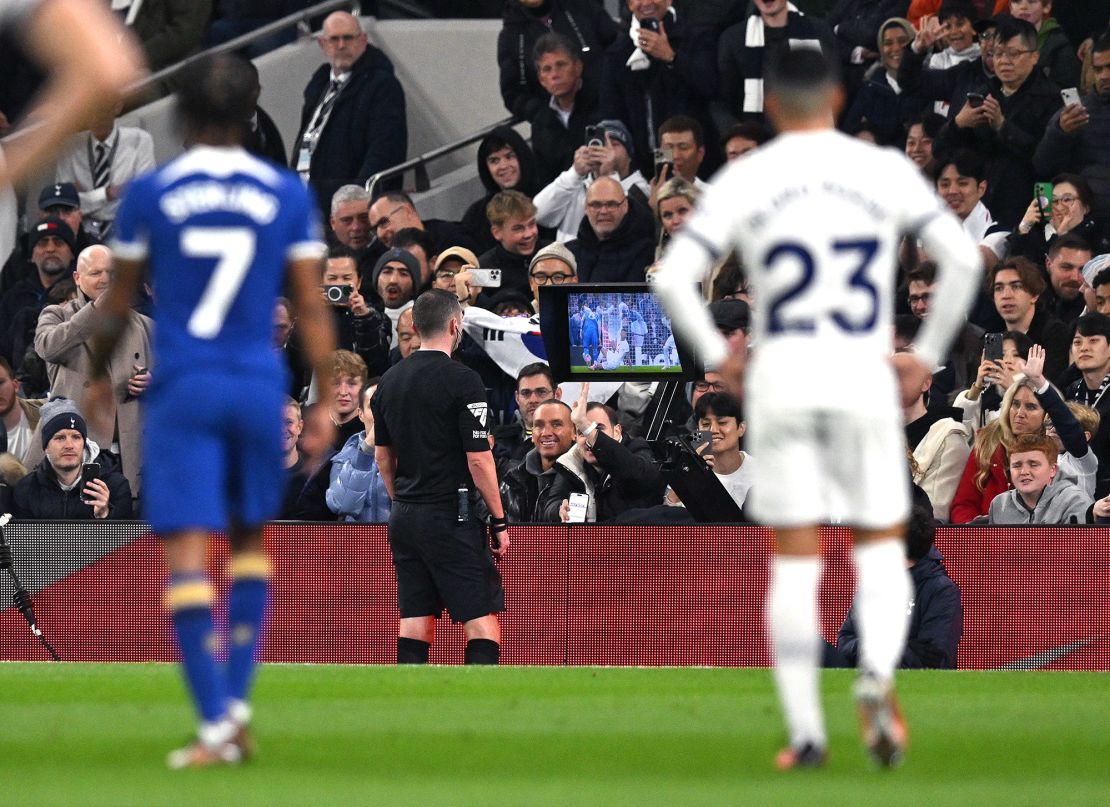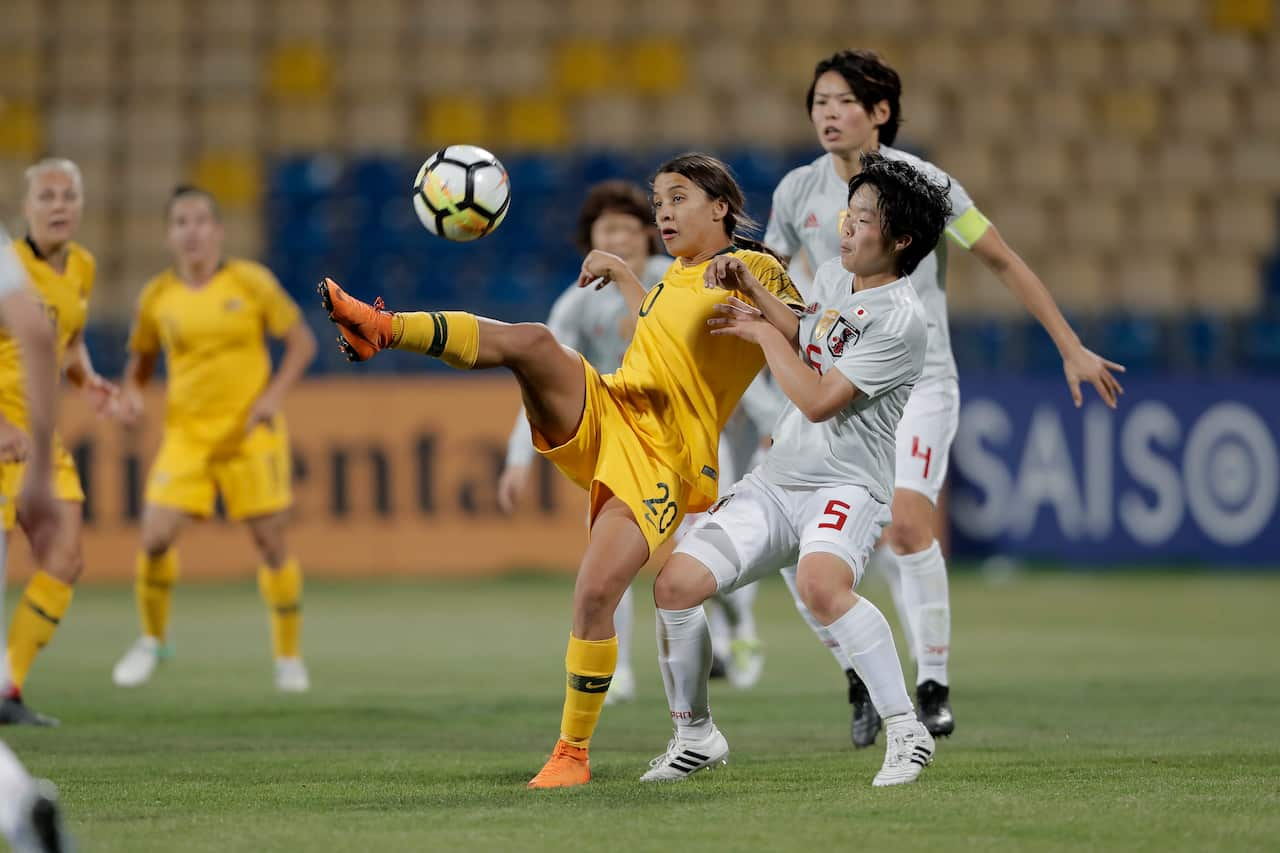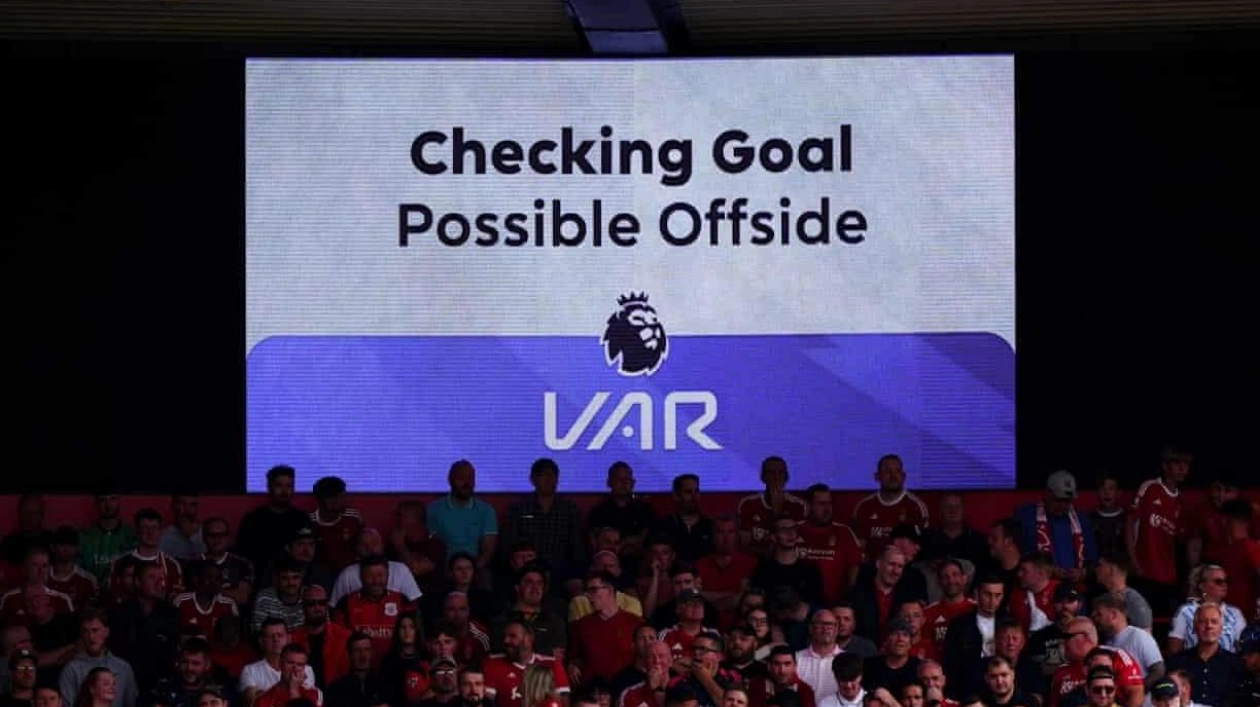
The Premier League has decided to delay the implementation of semi-automated offside technology following a record eight-minute VAR check during an FA Cup match at Bournemouth. This decision has reignited debates about the effectiveness and reliability of VAR technologies within the sport. The delay has significant implications, not only for the current season but also for the future integration of technology in football.

The Controversial Call
The contentious incident occurred during Bournemouth's FA Cup clash, where the VAR (Video Assistant Referee) took a staggering eight minutes to make an offside decision. This delay is the longest recorded in English football's top tiers, a fact that has frustrated fans and pundits alike. The prolonged review process was criticized for interrupting the game's flow and potentially influencing its outcome.
"The integrity of the game is being questioned," stated Gary Lineker, a former England international and current broadcaster. "When fans are left waiting for a decision that should be relatively straightforward, it undermines confidence in the process."
The Technology in Question
Semi-automated offside technology, which was set to be introduced in the Premier League, employs a combination of artificial intelligence and machine learning to determine offside positions more swiftly and accurately than human referees. The system uses multiple cameras to create a 3D map of the player's positions and the ball, aiming to reduce human error and speed up decision-making.
However, the recent FA Cup incident has prompted the league to reconsider this rollout. Critics argue that without thorough testing and training, the introduction of new technologies could worsen existing issues rather than solve them.
Deliberations and Delays
The Premier League's decision to delay highlights the challenges of integrating advanced technologies into the sport. According to The Guardian, league officials are keen to avoid further controversies that could damage the reputation of VAR. "We need to ensure that when we roll out new technologies, they improve the game rather than complicate it," said Richard Masters, the Premier League's Chief Executive.
This cautious approach is seen as a necessary step to maintain the league's standards and ensure fairness in the competition. However, it raises questions about the preparedness of football's governing bodies to handle rapid technological advancements.

Implications for the League
The delay in implementing semi-automated offside technology may impact the league's dynamics in several ways. For one, it maintains reliance on the traditional VAR system, which, as the recent incident shows, is not infallible. Teams and managers often express frustration over inconsistent VAR decisions, which can affect team strategies and outcomes.
Moreover, the delay might affect player behavior on the pitch. Players aware of the technology's limitations might exploit them, knowing that close calls could be interpreted differently depending on the officiating crew.
A Broader Perspective
The VAR debate is part of a larger conversation about technology's role in football. Other leagues, such as the Bundesliga and La Liga, have also faced challenges with VAR, sparking discussions about the best ways to balance technological innovation with the sport's traditional elements.
Football purists argue that the human element of refereeing decisions is crucial to the sport's essence. However, proponents of technology highlight its potential to provide fairer outcomes, especially in high-stakes matches where a single decision can determine a season's success or failure.

Looking Ahead
As the Premier League deliberates its next steps, the delay offers an opportunity to refine and test the technology further. The league's leadership has assured stakeholders that they remain committed to using technology to enhance the game, but not at the cost of its integrity or the fan experience.
The situation underscores the importance of thorough testing and stakeholder engagement in deploying new technologies. It also highlights the need for clear communication with fans and clubs to manage expectations and maintain trust in the process.
In conclusion, while the delay in implementing semi-automated offside technology is a setback, it presents an opportunity for the Premier League to reassess and improve its approach to VAR. The coming months will be crucial as the league works to ensure that technology enhances, rather than detracts, from the beautiful game.